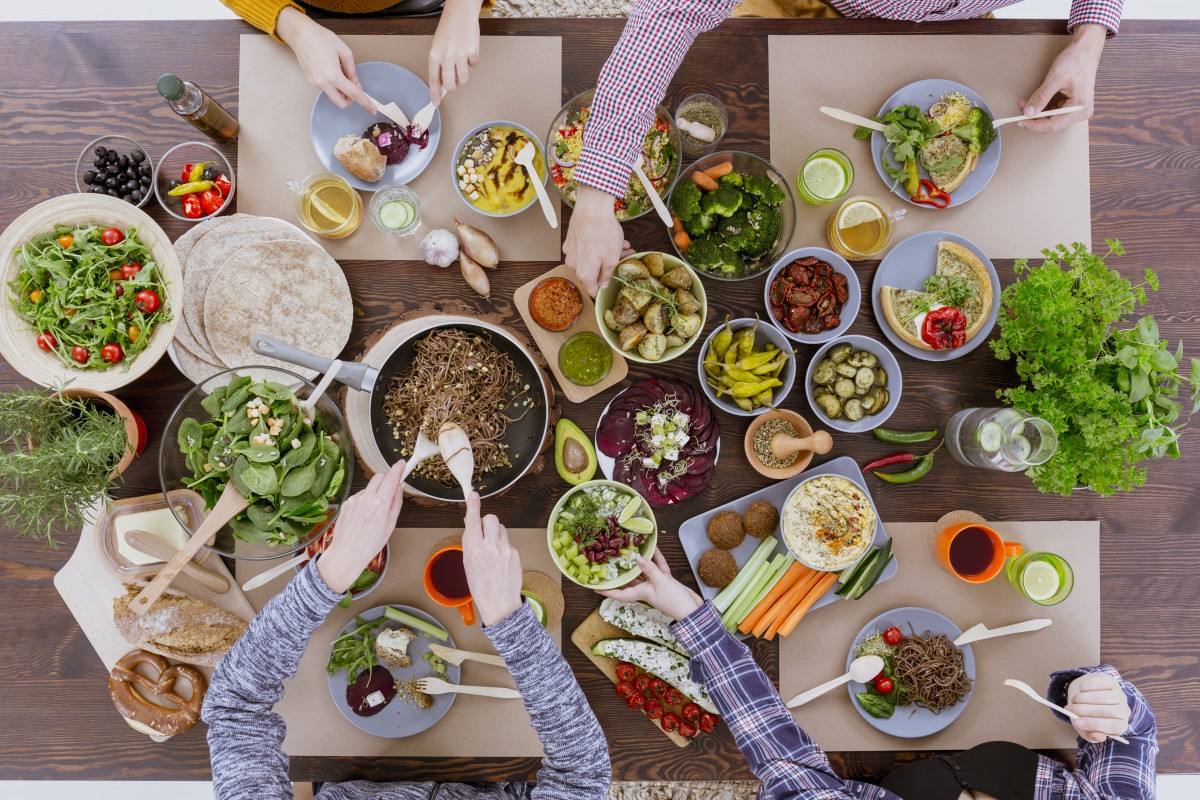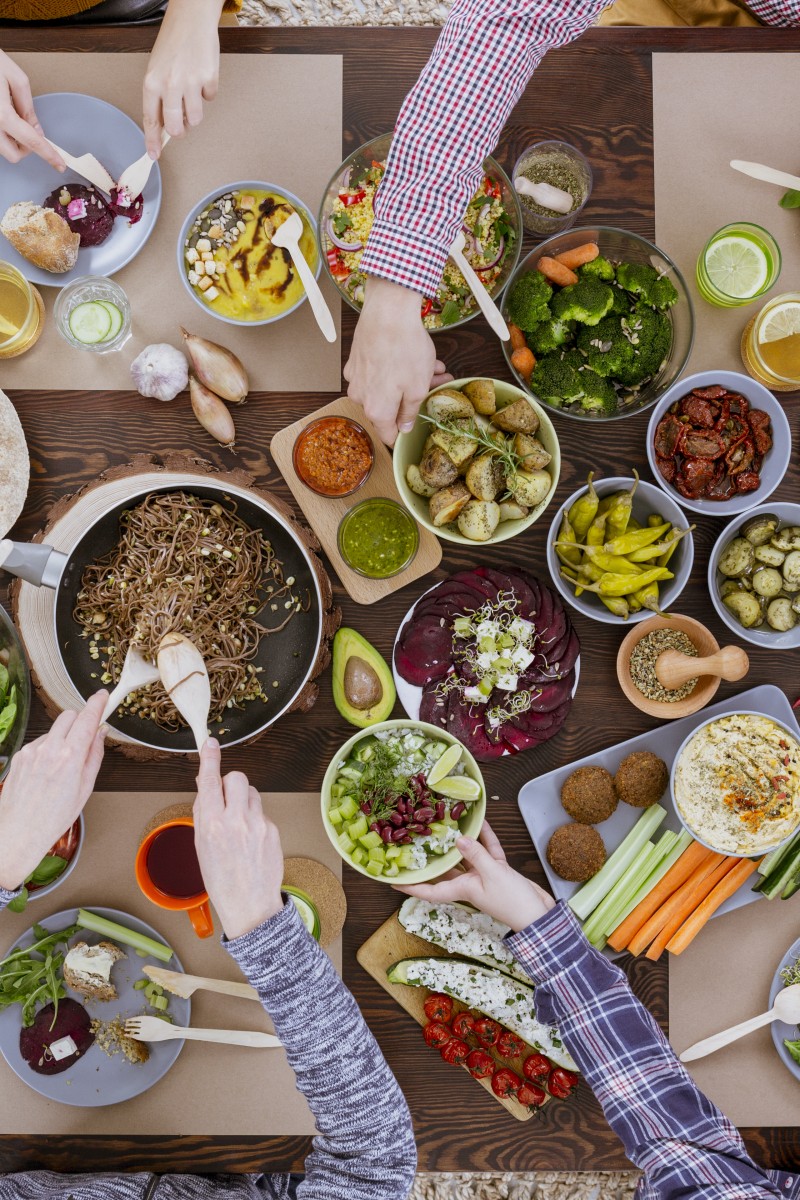- Study led by Oxford researcher finds that meat and diary only provide 18 per cent of calories worldwide
- However it uses up a whopping 83 per cent of the planet's farmland

Avoiding meat and dairy products is the single biggest way to reduce your environmental impact on the planet, according to the scientists behind the most comprehensive analysis to date of the damage farming does to the planet.
The new research shows that without meat and dairy consumption, global farmland use could be reduced by more than 75 per cent – an area equivalent to the US, China, European Union and Australia combined – and still feed the world. Loss of wild areas to agriculture is the leading cause of the current mass extinction of wildlife .
The new analysis shows that while meat and dairy provide just 18 per cent of calories and 37 per cent of protein, it uses the vast majority – 83 per cent – of farmland and produces 60 per cent of agriculture’s greenhouse gas emissions. Other recent research shows 86 per cent of all land mammals are now livestock or humans . The scientists also found that even the very lowest impact meat and dairy products still cause much more environmental harm than the least sustainable vegetable and cereal growing.
The study, published in the journal Science, created a huge dataset based on almost 40,000 farms in 119 countries and covering 40 food products that represent 90 per cent of all that is eaten. It assessed the full impact of these foods, from farm to fork, on land use, climate change emissions, freshwater use and water pollution and air pollution.
“A vegan diet is probably the single biggest way to reduce your impact on planet Earth, not just greenhouse gases, but global acidification, eutrophication, land use and water use,” said Joseph Poore, at the University of Oxford, UK, who led the research. “It is far bigger than cutting down on your flights or buying an electric car,” he said, as these only cut greenhouse gas emissions.
The analysis also revealed a huge variability between different ways of producing the same food. For example, beef cattle raised on deforested land result in 12 times more greenhouse gases and use 50 times more land than those grazing rich natural pasture. But the comparison of beef with plant protein such as peas is stark, with even the lowest impact beef responsible for six times more greenhouse gases and 36 times more land.
The large variability in environmental impact from different farms does present an opportunity for reducing the harm, Poore said, without needing the global population to become vegan. If the most harmful half of meat and dairy production was replaced by plant-based food, this still delivers about two-thirds of the benefits of getting rid of all meat and dairy production.
Cutting the environmental impact of farming is not easy, Poore warned, “There are over 570 million farms all of which need slightly different ways to reduce their impact. It is an [environmental] challenge like no other sector of the economy.” But he said at least US$500 billion is spent every year on agricultural subsidies, and probably much more: “There is a lot of money there to do something really good with.”
Labels that reveal the impact of products would be a good start, so consumers could choose the least damaging options, he said, but subsidies for sustainable and healthy foods and taxes on meat and dairy will probably also be necessary.
One surprise from the work was the large impact of freshwater fish farming, which provides two-thirds of such fish in Asia and 96 per cent in Europe, and was thought to be relatively environmentally friendly. “You get all these fish depositing excreta and unconsumed feed down to the bottom of the pond, where there is barely any oxygen, making it the perfect environment for methane production,” a potent greenhouse gas, Poore said.
The research also found grass-fed beef, thought to be relatively low impact, was still responsible for much higher impacts than plant-based food.
Poore said, “The reason I started this project was to understand if there were sustainable animal producers out there. But I have stopped consuming animal products over the last four years of this project. These impacts are not necessary to sustain our current way of life. The question is how much can we reduce them and the answer is a lot.”
